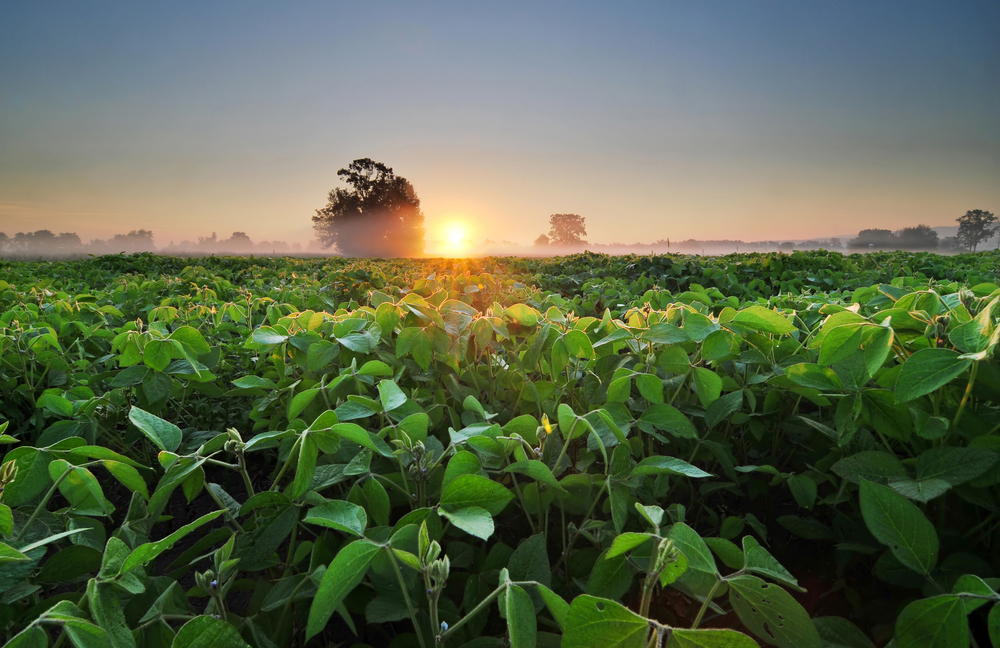
Scientists identify most environmentally friendly cereal cropping process
Scientists identify most environmentally friendly cereal cropping process
Agricultural methodologies selected for use in cereal cropping can have a significant impact on global warming and eutrophication. Until now, little research had been done to quantify the difference in environmental ramifications for each process.
Novozymes, in collaboration with Aarhus University and the University of Copenhagen analyzed the different consequences of these systems in a report titled “Environmental Life Cycle Assessment of Danish Cereal Cropping Systems” published by the DCA (Danish Centre for Food and Agriculture).
The team used six different cereal cropping systems including winter wheat or spring barely, different sowing times, various uses of catch crops, and varied ways of handling the straw. Various environmental factors were taken into consideration including greenhouse gas emissions, grain yield, straw yield, carbon storage, land use, and loss of nutrients to the environment. Researchers particularly focused on how the cereal straw was utilized and if it was incorporated into the soil or used for co-production of bioethanol, biogas, and/or bioelectricity.
The results showed that the best method of all with the smallest environmental impact was early sown winter wheat, where the straw gets removed every second year for use in biorefining. Early sown winter wheat nets more efficient straw and grain yield which in turn, takes up less land. In addition, in this system the straw can be used to replace gasoline, natural gas, and electricity. Thus, the early sowing of winter wheat scored the best grade when it comes to minimizing greenhouse gas emissions and environmental nutrient loss.
Following the results, the team emphasized the importance of viewing the full scope of the environmental effects of cereal production. “This collaboration has led to results that have given us a new and more nuanced angle on the sustainability of cereal production,” said Professor Bent T. Christensen from the Department of Agroecology at Aarhus University.













